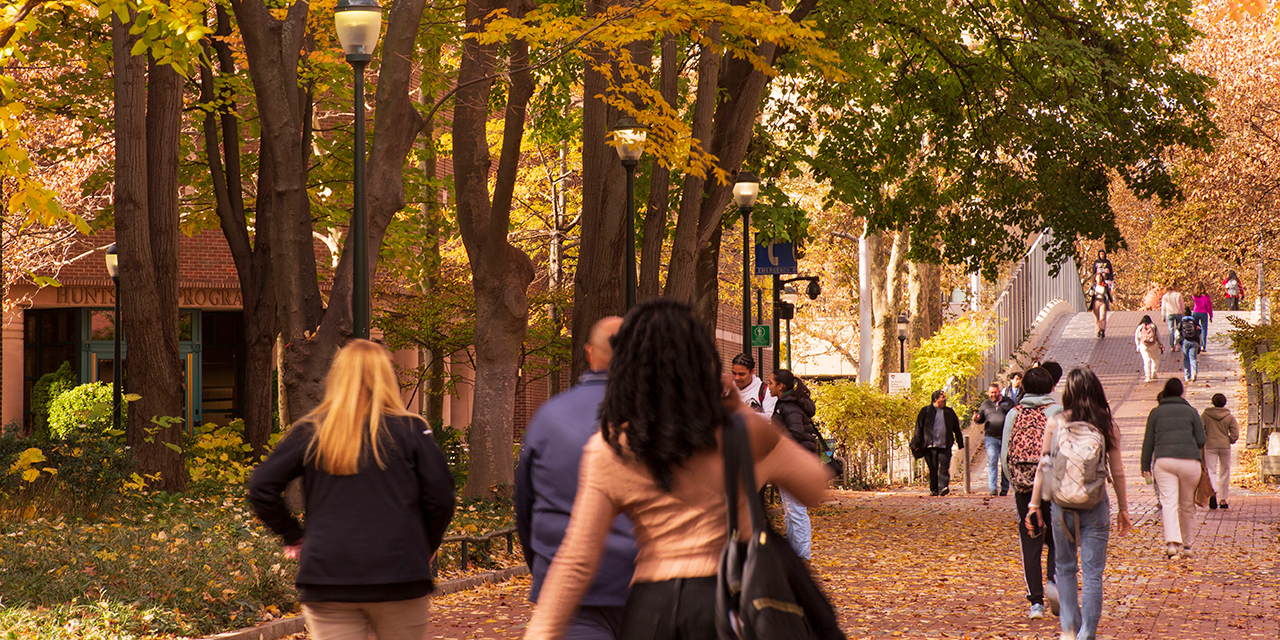“So proud to have my book Shopgirl banned in Collier County, Florida! Now people who want to read it will have to buy a copy!” proclaimed comedian Steve Martin on his Facebook and Instagram pages on November 6. Martin’s post refers to a Florida county’s apparent removal of his debut novella Shopgirl (2001) from its public school libraries.
One might ask how people can buy a book if it has, indeed, been “banned,” or, conversely, how a “banned” book can legally remain available to “people who want to read it.” Surely a man of the sophistication that Steve Martin imprints on many of his characters would realize the illogic of his statement. After all, could Germans of the 1930s buy books banned by the Nazis? Can Ukrainians in the latter half of 2023 buy Russian and Belorussian books? Are liberal American authorities who remove Huckleberry Finn from school libraries, forbid Confederate symbols, or prohibit screenings of Gone With The Wind or Blazing Saddles “banning” those works?
The plain fact is that neither the State of Florida nor any of its 67 counties bans books. Collier County authorities reportedly decided to take Martin’s Shopgirl out of school-age public-education environments because it contains graphic sex scenes, which as of July 1 are prohibited under Florida House Bill 1069. That law, passed by large majorities in both houses of Florida’s state legislature and signed by Governor Ron DeSantis, “requires the suspension of materials alleged to contain pornography or obscene depictions of sexual conduct, as identified in current law” from public schools.
That is a far cry from a “ban” on such material, but unfortunately for Steve Martin’s prospective sales, no Florida law prohibits such materials in any other environment or institution. If Collier County fifth-graders really want to read a story about a rich-but-insecure West Coast Baby Boomer’s relationship with a much younger woman, who predictably ends up with a doofus her own age, they can do so via any bookstore, online media seller, public library, college library, neighborhood book exchange, or older relative who thinks kids might welcome a break from soccer to explore Martin’s tragicomic tropes. That’s all perfectly legal. Collier’s public school students can also freely watch the cringeworthy 2005 film version of Martin’s novella, which stars—surprise, surprise—Martin himself as the clueless Boomer and a young Claire Danes as the girl.
Nevertheless, in a country where many buy into false mainstream-media reportage that Florida bans books, Martin’s mocking social-media posts received a combined 89,000 likes and thousands of comments castigating the supposedly hidebound Sunshine State. One wonders how Martin’s supporters feel about speech codes in American schools, which routinely and legally prohibit obscenity, profanity, harassment, discriminatory speech, school-sanctioned prayer, and, indeed, sexualized language. Apparently, they think B-grade sex scenes written by a man who won fame by playing the banjo with a fake arrow through his head deserve loftier consideration.
Those and other critics of Florida’s supposed book bans often cite data from PEN America, a New York-based nonprofit that claims to stand “at the intersection of literature and human rights to protect free expression in the United States and worldwide.” PEN’s June 2023 report, “Banned in the USA: The Mounting Pressure to Censor,” claims that since July 1, 2022, 3,362 “book bans” have taken place nationally, involving more than 1,500 books. PEN claims that more than 40 percent of these have occurred in Florida. The report warns of a “growing climate of censorship” caused by “coordinated campaigns by a vocal minority of groups and individual actors and, increasingly, as a result of pressure from state legislation.” It does not mention that PEN Ukraine, a partner organization within the PEN International network, endorsed the actual ban of Russian and Belorussian books passed earlier this year by the Ukrainian government, where it is now illegal to import and distribute such books.
As our culture wars rage over the meaning of words, what constitutes a ban is up for grabs. For the radical Left, a ban is any infringement on the expression of its favored ideologies, including the sexualization of small children in public schools in states whose democratically elected representatives have voted to disallow it by law. At the same time, however, actual and far-reaching legal prohibitions of materials that offend leftist ideologies are not bans at all but praiseworthy exercises promoting diversity, inclusion, and belonging. Only a wild and crazy guy could fail to see the hypocrisy, but caprice of this level might not have been seen since the days of . . . King Tut.
Photo by Dimitrios Kambouris/Getty Images for The Museum Of Modern Art





